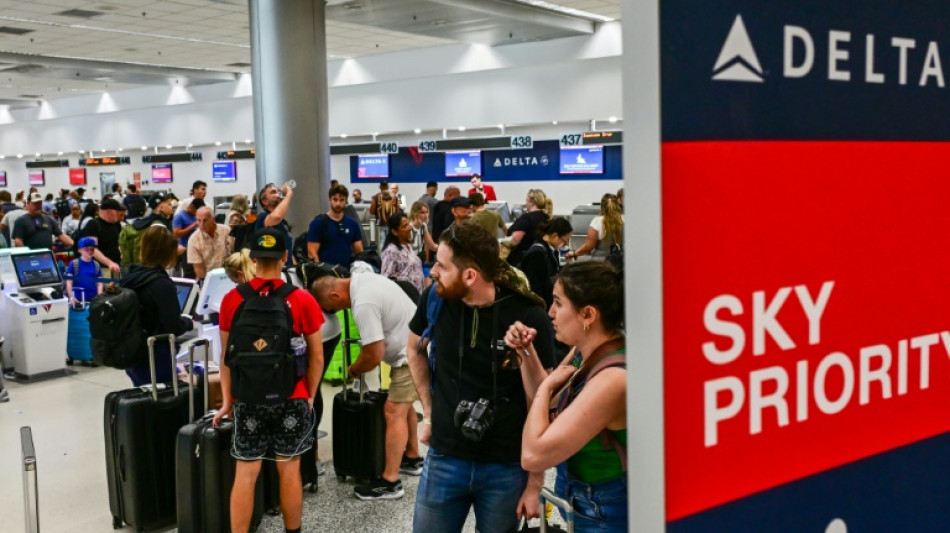
-
 Fit-again Rodri still 'best in the world' for Guardiola
Fit-again Rodri still 'best in the world' for Guardiola
-
TikTok's UK content moderation jobs at risk in AI shift
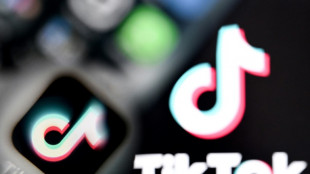
-
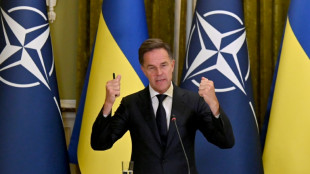 NATO chief calls for 'robust security guarantees' on Ukraine visit
NATO chief calls for 'robust security guarantees' on Ukraine visit
-
Bayeux Tapestry not too fragile to move to UK, French official says
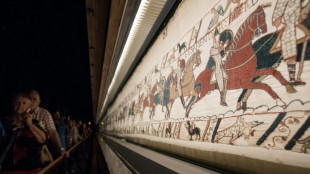
-
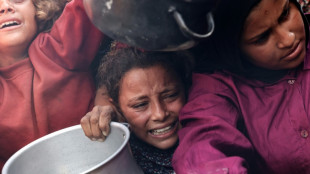 UN declares famine in Gaza
UN declares famine in Gaza
-
Newcastle can't win in Isak stand-off, says Howe

-
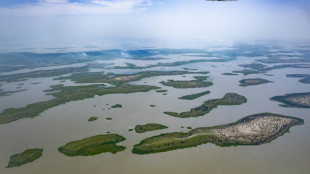 Doubts over Niger claim that a Boko Haram leader killed
Doubts over Niger claim that a Boko Haram leader killed
-
Teenager Wanner signs with Eindhoven from Bayern

-
 Breetzke, Ngidi star as South Africa crush Australia to win ODI series
Breetzke, Ngidi star as South Africa crush Australia to win ODI series
-
UN declares famine in Gaza as Israel threatens to raze city
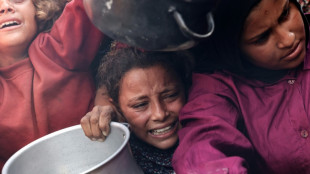
-
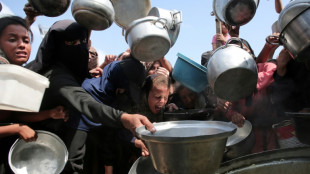 UN declares famine in Gaza, first ever in Middle East
UN declares famine in Gaza, first ever in Middle East
-
AI helps UK woman rediscover lost voice after 25 years
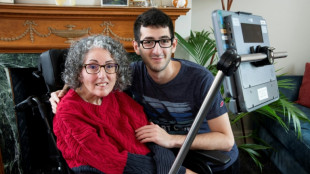
-
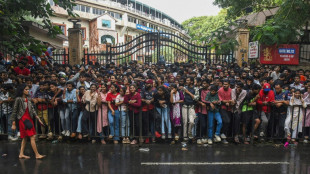 Women's World Cup games moved out of Bengaluru months after tragedy
Women's World Cup games moved out of Bengaluru months after tragedy
-
UN declares famine in Gaza, blames Israel
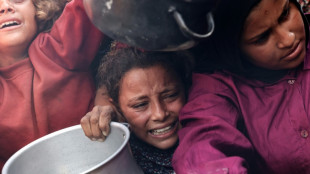
-
 Australian Rules player body urges 'united approach' after homophobic slur
Australian Rules player body urges 'united approach' after homophobic slur
-
Under a drone canopy, Ukraine army medics rely on robots and luck
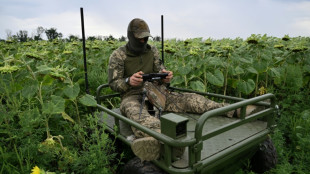
-
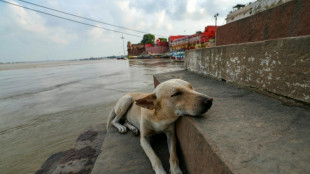 India walks back order to clear Delhi of stray dogs
India walks back order to clear Delhi of stray dogs
-
Breetzke, Stubbs star as South Africa post 277 in 2nd Australia ODI

-
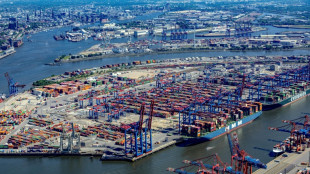 Pressure on Merz as Trump tariffs hit German economy
Pressure on Merz as Trump tariffs hit German economy
-
Australia orders audit of crypto trading giant Binance

-
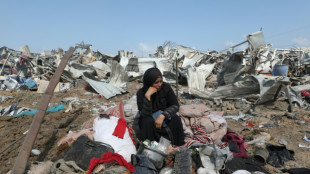 Israel vows to destroy Gaza City if Hamas doesn't disarm, free hostages
Israel vows to destroy Gaza City if Hamas doesn't disarm, free hostages
-
Alonso and Real Madrid look for more fluidity on trip to Oviedo

-
 Bumpy skies: How climate change increases air turbulence
Bumpy skies: How climate change increases air turbulence
-
Chinese tiger, French berets and space cannons mark Gamescom 2025

-
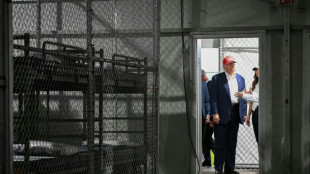 US judge orders dismantling of Trump's 'Alligator Alcatraz'
US judge orders dismantling of Trump's 'Alligator Alcatraz'
-
Evicted from their forests, Kenyan hunter-gatherers fight for their rights
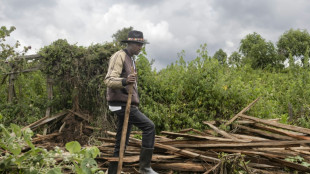
-
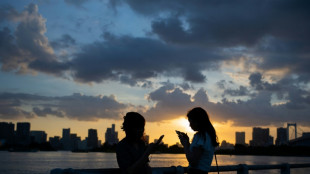 Japan city proposes two-hour daily smartphone limit
Japan city proposes two-hour daily smartphone limit
-
A rise in the mountains as Vuelta a Espana cranks up the climbing

-
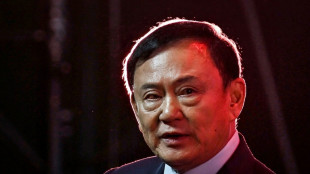 Thai ex-PM Thaksin acquitted of royal insult charges
Thai ex-PM Thaksin acquitted of royal insult charges
-
Japanese amateur boxer in intensive care after latest incident

-
 US wine sellers left in limbo despite EU tariff deal
US wine sellers left in limbo despite EU tariff deal
-
Erik Menendez denied parole, decades after parents' murders

-
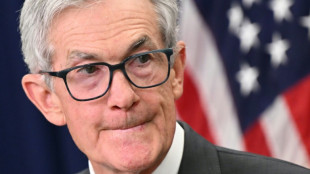 Under Trump pressure, US Fed chief to walk tightrope in speech
Under Trump pressure, US Fed chief to walk tightrope in speech
-
Nvidia chief says H20 chip shipments to China not a security concern
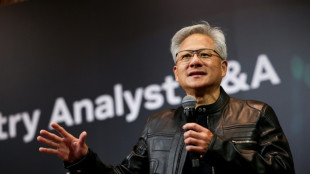
-
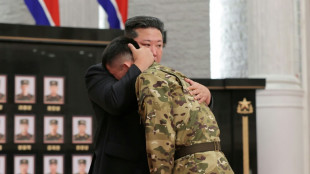 North Korea's Kim decorates troops who fought for Russia against Ukraine
North Korea's Kim decorates troops who fought for Russia against Ukraine
-
Two separate guerilla attacks kill 18 in Colombia
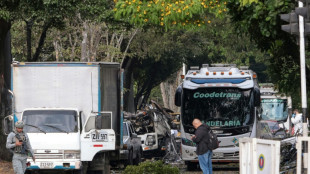
-
 Rice prices up 91 pct year-on-year in Japan
Rice prices up 91 pct year-on-year in Japan
-
Asian markets tick up as investors eye Jackson Hole meeting
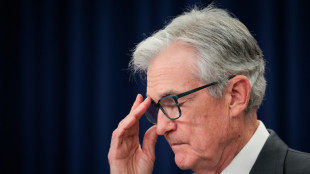
-
 De Bruyne leads Napoli's Serie A title defence as Lukaku injury causes concern
De Bruyne leads Napoli's Serie A title defence as Lukaku injury causes concern
-
Pollard, Albornoz hailed as key Rugby Championship clashes loom

-
 Marseille plunged into crisis with season just getting started
Marseille plunged into crisis with season just getting started
-
Pakistan woos old rival Bangladesh, as India watches on
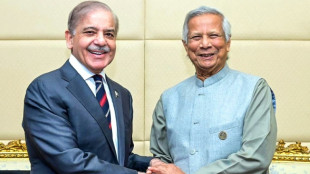
-
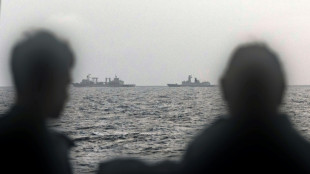 Documents show New Zealand unease over Chinese warships in South Pacific
Documents show New Zealand unease over Chinese warships in South Pacific
-
$346 mn US-Nigeria arms deal sets rights groups on edge

-
 Got the scoop: Bear takes over California ice cream shop
Got the scoop: Bear takes over California ice cream shop
-
Rested but rusty Djokovic plots US Open ambush
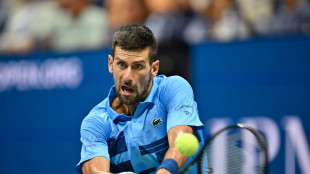
-
 'Tough lessons' helping Sabalenka ahead of US Open defence
'Tough lessons' helping Sabalenka ahead of US Open defence
-
Meta makes huge cloud computing deal with Google: source

-
 Blockbuster 'Sincaraz' rivalry ready to light up US Open
Blockbuster 'Sincaraz' rivalry ready to light up US Open
-
Less tax, more luxury: millionaires flock to Dubai
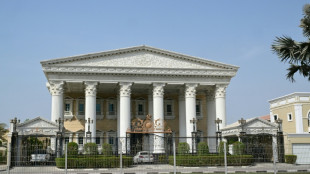

Trump learns lessons from first 'Muslim ban' but raises new questions
In banning most travel to the United States by citizens of 12 countries, President Donald Trump is fine-tuning a playbook popular with his base, even as his singling out of particular nations left many scratching their heads.
Trump rose to power vowing a harsh line on non-European immigration to the United States, thrilling crowds during his 2016 campaign by vowing a wall with Mexico and stunning the then political establishment by urging a "complete shutdown" of Muslims entering the country.
On entering the White House the first time in 2017, he swiftly banned travel from seven Muslim-majority countries, prompting mass protests at airports as critics derided his "Muslim ban."
With his new travel restrictions, Trump is again targeting US adversaries. But he has also made more exemptions and included travel from several small African countries that not major sources of visitors -- Chad, the Republic of the Congo and Equatorial Guinea.
Chad maintains more cooperation with the West than military-run Mali, Niger and Burkina Faso, which were not affected, and last year held elections, although their conduct was criticized.
Several other small nations faced a partial ban including Burundi, Sierra Leone, Togo and, in Central Asia, Turkmenistan.
The White House in said in a fact sheet that countries were put on the blacklist due to terrorism ties or because of high rates of their citizens overstaying visas.
Others were targeted as they lack central governing authority. They include violence-ravaged and predominantly Black Haiti, whose migrants have long been maligned by Trump, who last year spread unfounded conspiracy theories that they were eating native-born Americans' pets in Ohio.
Alex Nowrasteh, vice president for economic and social policy studies at the libertarian Cato Institute, said Trump's motivation was to decrease legal immigration and asked: "The only real mystery is what took him so long?"
"It's not totally crazy to think that they chose countries that don't matter much -- in terms of not sending many migrants here -- and that throwing them on the list probably helps their marketing," Nowrasteh said.
"It's not going to have an enormous effect on our economy or society," he said of the new ban. "What I think it really does is undermine the American reputation of standing with people around the world who are fighting for freedom."
- 'Extreme dangers'? -
Trump justified the new measures by pointing to an attack on a Jewish protest in Boulder, Colorado by an Egyptian man who had been seeking asylum.
Trump in a message said the attack showed the "extreme dangers posed to our country by the entry of foreign nationals who are not properly vetted."
But Egypt -- a longstanding US ally and aid recipient due largely to its relations with Israel -- was not targeted.
Other major nations left off the blacklist included Pakistan, which India has long accused of supporting extremists, triggering a four-day conflict last month after a massacre of tourists in Indian-administered Kashmir.
Pakistan maintains intelligence cooperation with the United States and Trump thanked Islamabad in March for arresting a suspect over an attack that killed US troops during the 2021 withdrawal from Afghanistan.
On the other hand, Afghanistan was on the blacklist due to the Taliban government. An exemption was made for Afghans who helped the fallen Western-backed government, although Trump has cut funding to implement that program.
"Let's be clear: this policy is not a response to any new threat," said Shawn VanDiver, head of the AfghanEvac group that supports Afghan allies.
"It's a long-planned political move, delayed until the aftermath of the Boulder attack to give it the appearance of urgency. This is about optics and fear, not safety," he said.
Among the chief targets both in the first term and now has been Iran, an arch-enemy of the United States since the 1979 Islamic revolution.
Iranian-Americans have among the highest incomes of any ethnic group in the United States and the community is overwhelmingly critical of the government in Tehran.
“National origin tells us nothing about whether an individual is a terrorist threat. Yet, that is precisely what Trump's bans have been based on," said Jamal Abdi, president of the National Iranian American Council.
O.Mousa--SF-PST
